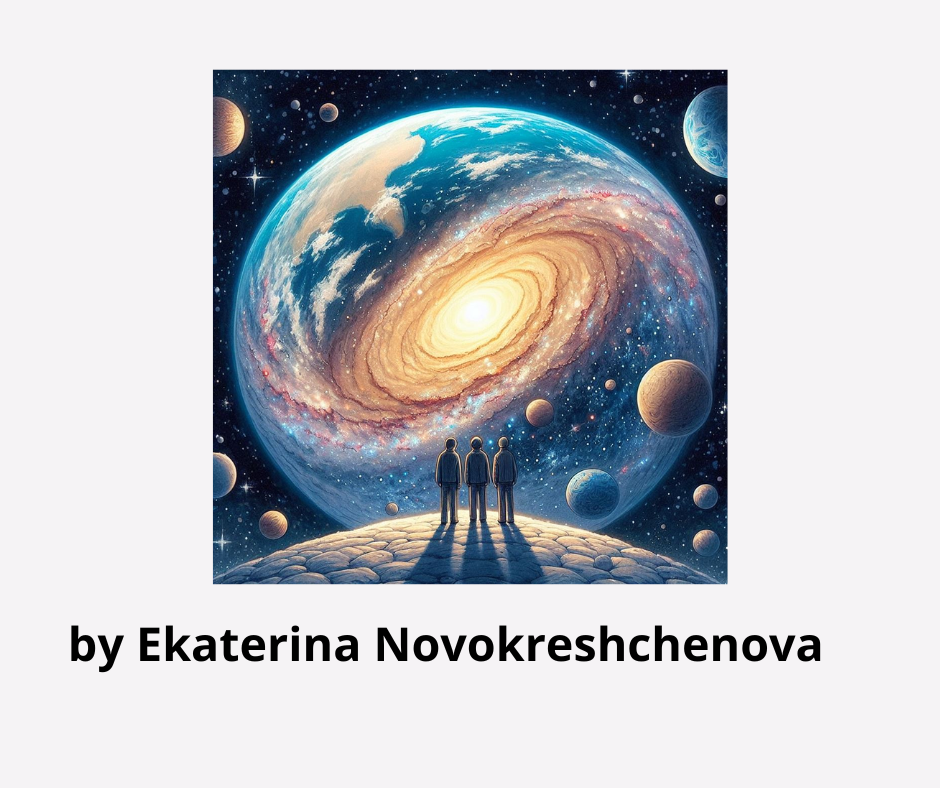 Widok zawartości stron
Widok zawartości stron
 Widok zawartości stron
Widok zawartości stron
 Widok zawartości stron
Widok zawartości stron
Something unseen lies at the heart of science and makes it function

I wholeheartedly agree with the premise put forth in the article, which suggests that something unseen lies at the heart of science and makes it function: direct experience. Science is meant to address our perplexing inquiries, but devoid of human involvement, it not only loses its intrinsic meaning but also renders even the most accurate answers meaningless.
I want to bring up an example from my favorite author's book - the idea that I may not actually exist, that I am a fruit eaten by some animal and its stomach juice causes hallucinations in me, making me think that I am a human living in this reality. In this context, is absolute truth at all relevant to me? It certainly does not outweigh the significance of the reality, whether true or false, that I experience
The presented view also aligns well with the concept of co-production by S. Jasanoff
Quoting A. Frank “…new philosophy should position science not as a god collecting pebbles of absolute truth, but as a self-correcting narrative that humans co-create with the world around us. … That’s because the blind spot is not really a problem with science. It's a problem with a philosophy about science.” We need to move away from the vision of science as something transcendent that can produce absolute truth in favor of understanding that human beings co-create science.
Since we create something, we must approach it with greater awareness. In the context of "co-production," science and technology are treated as cultural and social products, rather than just objects of objective reality. Their shaping and understanding require consideration of the social, cultural, and political context in which they are created and used. This means that society influences the direction of scientific and technological development through political choices, research funding, social norms, and cultural expectations.
Author: Ekaterina Novokreshchenova
